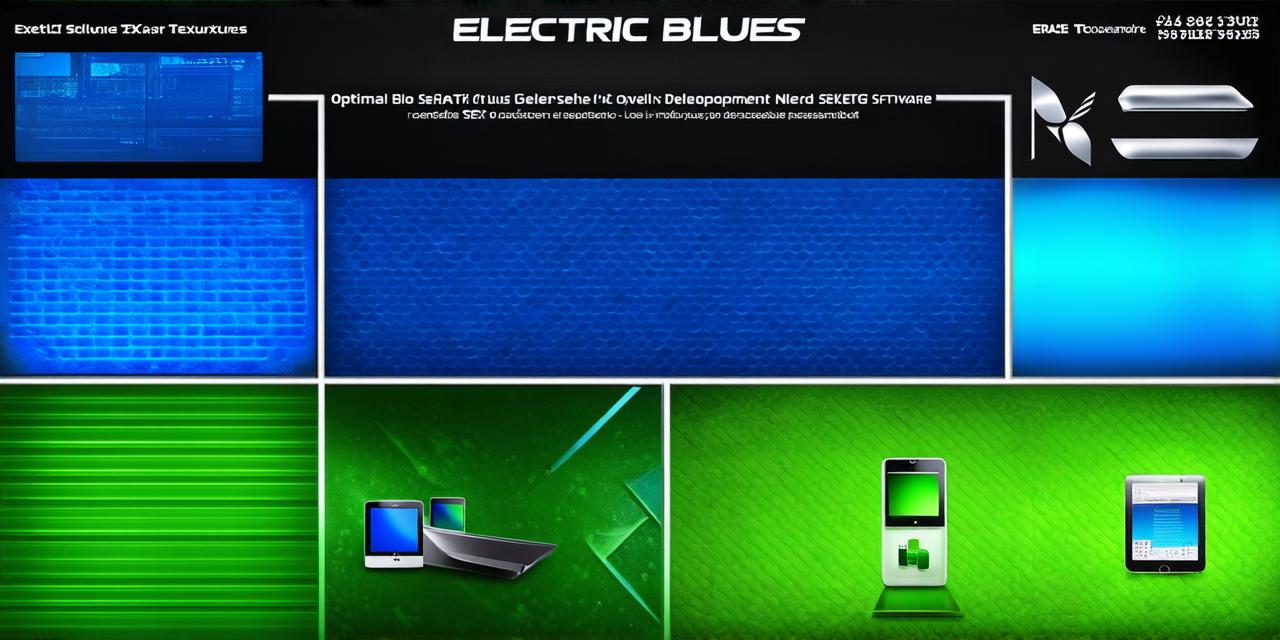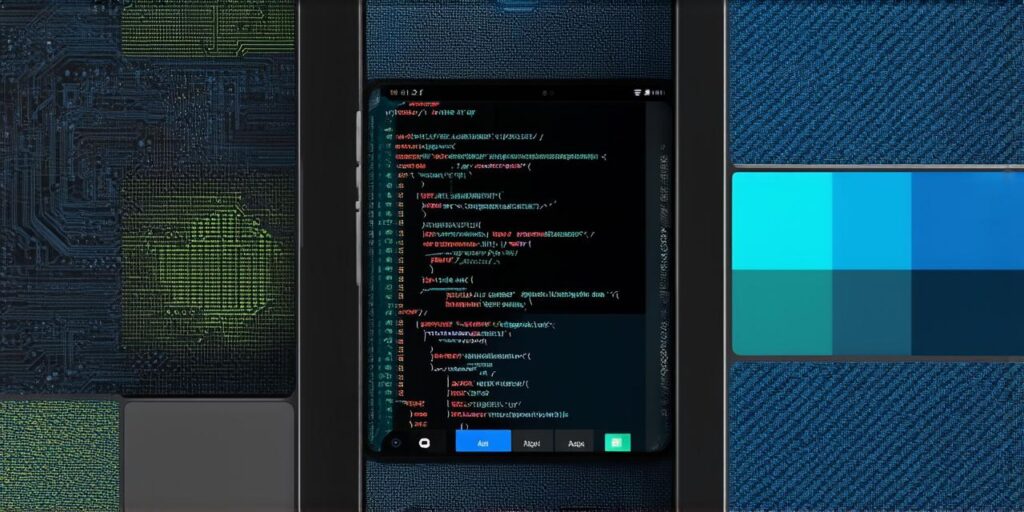
When it comes to developing mobile applications, there are many different software options available to choose from. However, not all of these software options are equal. In this article, we will explore the various software options that are currently available and discuss which one is optimal for developing mobile applications.
1. Native Development Software
Native development software refers to software that is specifically designed for developing mobile applications for a specific operating system, such as iOS or Android. This type of software offers a high level of performance and stability, but it also requires developers to have a deep understanding of the programming language and frameworks used by the specific operating system they are targeting.
Pros:
- High performance and stability
- Easy access to device-specific features and hardware
- Wide range of tools and libraries available for development
Cons:
- Requires a deep understanding of the programming language and frameworks used by the specific operating system being targeted
- Limited cross-platform support
2. Cross-Platform Development Software
Cross-platform development software refers to software that allows developers to create mobile applications that can run on multiple platforms, such as iOS, Android, and Windows. This type of software offers a high level of flexibility and ease of development, but it may not offer the same level of performance and stability as native development software.
Pros:
- High flexibility and ease of development
- Ability to target multiple platforms with a single codebase
Cons:
- May not offer the same level of performance and stability as native development software
- Limited access to device-specific features and hardware
3. Web Development Software
Web development software refers to software that is used for developing mobile applications that can be accessed through a web browser, rather than being downloaded and installed on a device. This type of software offers a high level of flexibility and ease of development, but it may not offer the same level of performance and stability as native or cross-platform development software.
Pros:
- High flexibility and ease of development
- Ability to target multiple platforms with a single codebase
Cons:
- Limited access to device-specific features and hardware
- Dependent on an internet connection
In conclusion, when it comes to developing mobile applications, the optimal software option will depend on a variety of factors, including the specific requirements of the application, the target platforms, and the level of performance and stability needed. If performance and stability are top priorities, native development software may be the best option. However, if flexibility and ease of development are more important, cross-platform or web development software may be a better fit. Ultimately, it is up to the developer to carefully consider these factors and choose the software option that will best meet their needs.



